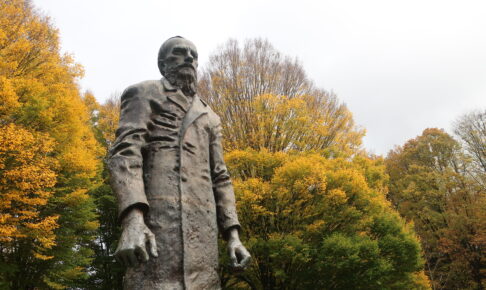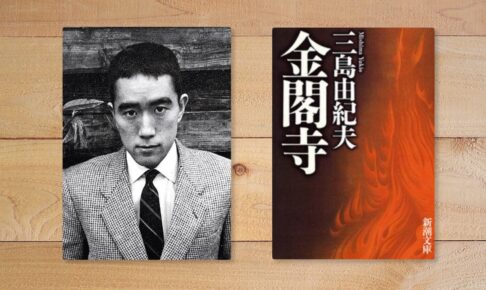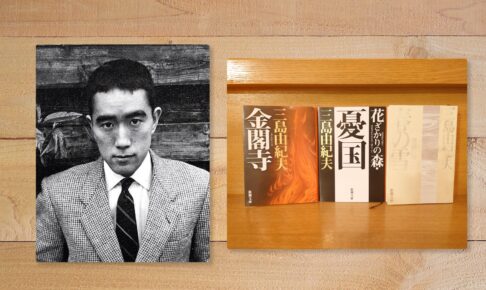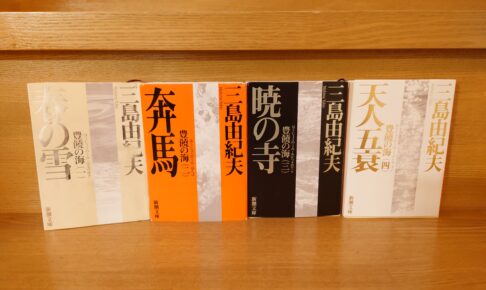Table of Contents
- 1 10 novels to replace your business card - "Remise", "Karamazov" and other great favorites of mine!
- 1.1 1 Haruki Murakami, Dance Dance Dance
- 1.2 2 Keikaku Ito, "Genocidal Organ
- 1.3 3 Cervantes, Don Quixote
- 1.4 4 Dostoevsky, The Brothers Karamazov
- 1.5 5 Conan Doyle, The Valley of Fear
- 1.6 6 Emile Zola, The Lugon-Macquart Series.
- 1.7 7 Victor Hugo, Les Miserables
- 1.8 8 Chekhov "Ward No. 6
- 1.9 9 Thomas Mann, The Devil's Mountain
- 1.10 10 Hisashi Inoue "Romance
- 2 Conclusion
10 novels to replace your business card - "Remise", "Karamazov" and other great favorites of mine!
In this article, "Ten Novels as My Business Card," I would like to share with you some of the novels that have influenced me the most. As the name "10 Novels as My Business Card" suggests, these books have had a powerful effect on the formation of my thinking. I am a little embarrassed to admit that I thought it would be better if I didn't introduce them, but I decided to go ahead and write about them.
Let's get started. We hope you will also refer to the links below, where we discuss the book in more detail.
(By the way, the top image is the study of my favorite writer, Emile Zola, taken by the author in August 2022.(14) To Zola's house in Medan, a suburb of Paris, with the gentle stream of the Seine, loved by the great writers of France.(See article in)
1 Haruki MurakamiDance Dance Dance.
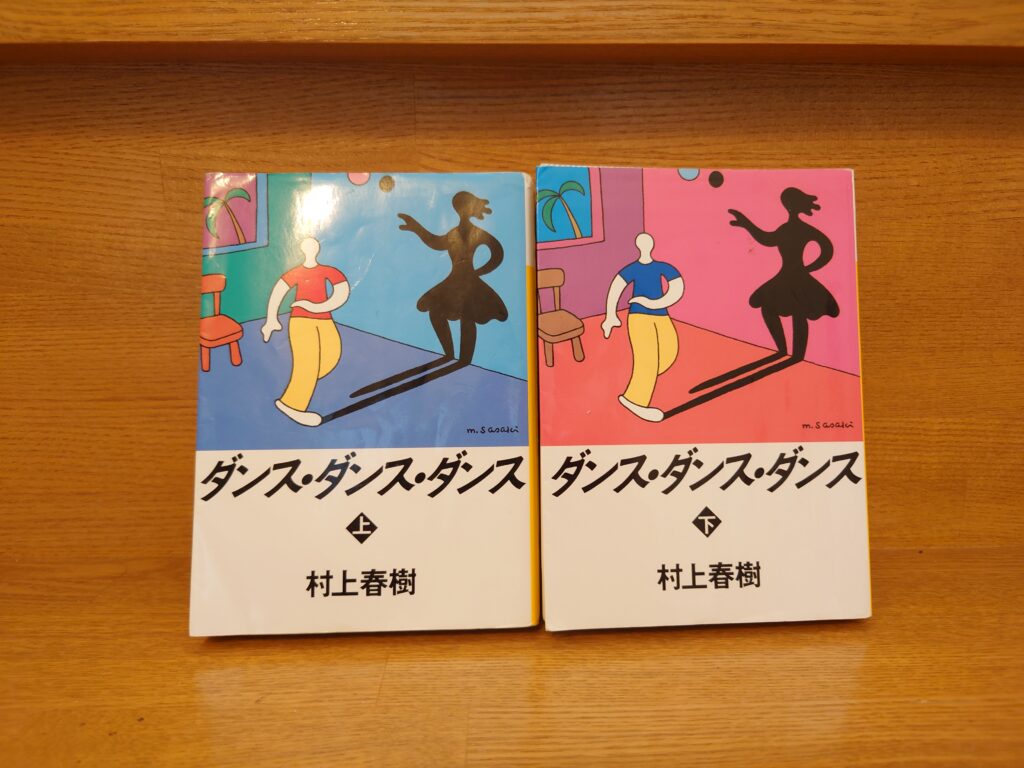
This book is very emotional for me.
I first read this work in the spring of my freshman year of college. This book was assigned as a book for a class assignment. It was part of a so-called orientation class, where we were learning how to write reports for our college life.
So I read this book, and this was my first Haruki Murakami experience.
The teacher who chose this book as the assigned reading was very cruel to suddenly have a freshman university student who just came to Tokyo read this book (laugh).
I would be completely influenced by this work and would continue to draw on it throughout my late twenties.
If you were to ask me if this is a good thing or a bad thing, I would say that it is a good thing in the end. But it is not that simple. What was said in this book was so pertinent to me at the time that it has had a tremendous impact on my thinking since then.
Looking back, it seems to me that this Haruki Murakami reading was the beginning of my becoming a full-fledged bookworm. In high school, I was not able to read that many books because I was mainly studying for entrance exams. Of course, I liked books, but I think that being baptized with "Dance Dance Dance" in this fresh period right after entering the school shaped my reading history. I am indebted to my teacher who assigned this work to me as my assigned book. Encounters are mysterious, aren't they?
It is "Dance Dance Dance" that reminds me of my school days and my twenties. This work is a treasure for me today.
2 Ito Keikakugenocidal Organ
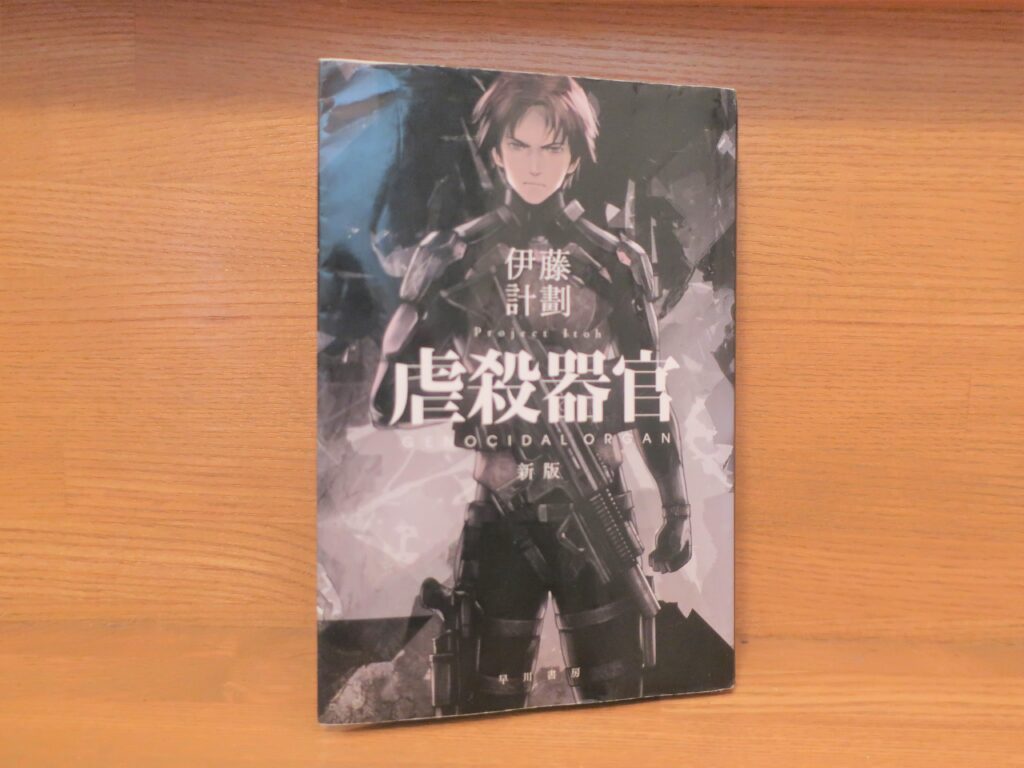
This is the novel I would say is my most beloved work of the last few years.
The title is "Slaughterhouse Organ," a phrase that would not be familiar to most monk blogs, but the story told in this piece had a very strong impact on me.
I went on a round-the-world trip in 2019, and this is exactly what I chose to accompany me on that trip, "Slaughterhouse Organ".
I planned to travel with only carry-on luggage, so my luggage had to be as small as possible. Even taking just one book with me would be fatal.
But I really wanted to take this book with me! I managed to get it into my carry-on bag with a sense of "this is the one book I would take with me to a desert island.
That is how much this book means to me.
This work was also made into an animated film. Many of you may know it from this one.
I became incredibly engrossed in this piece and read it over and over again. No matter how many times I read it, I never get tired of it. I love it more and more each time I read it.
Not only did I resonate with the themes and ideas discussed in this novel, but I was also completely hooked by the author, Keisuke Ito's unique storytelling style.
The delicacy and naivete of the words spoken through the main character, Shepard, a soldier. This is the taste of Keisuke Ito.
Keisuke Ito dares to introduce a sensitive and naïve narrative that is not military-like in the heavy worldview of this novel. It was a perfect fit. I was struck by this narration.
If I were to list my favorite parts one by one, it would be a long dissertation. This work is a masterpiece among masterpieces. I have read it more than 10 times and I never get tired of it. It is my favorite work.
3 CervantesDon Quixote."
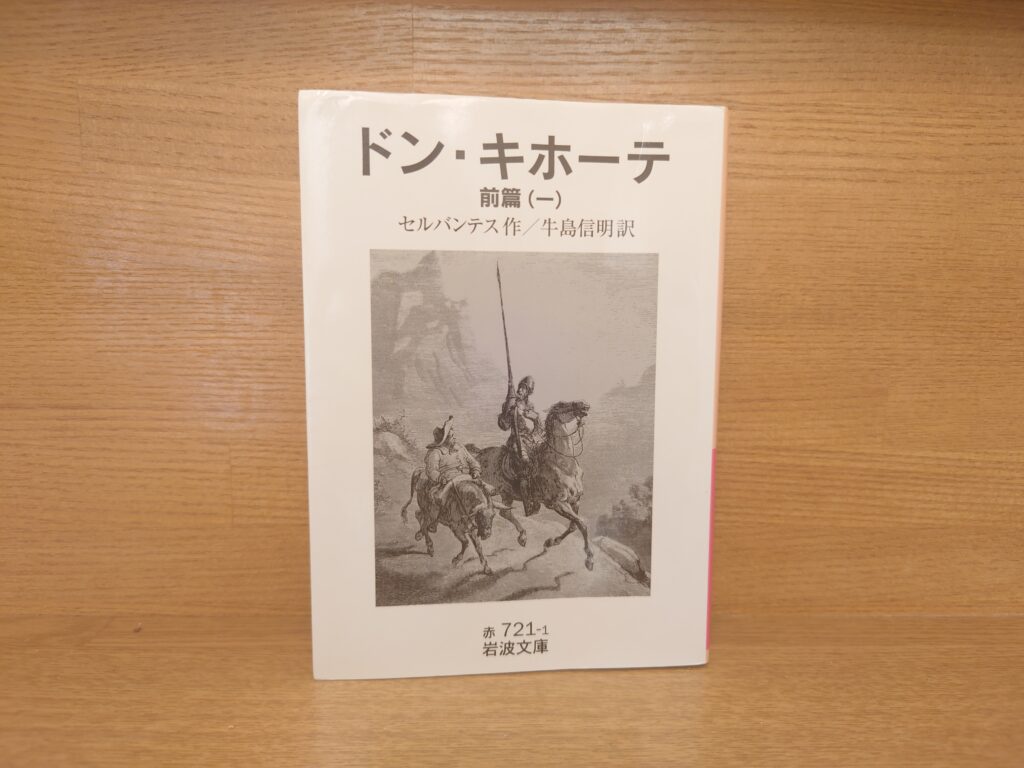
Don Quixote" is a novel that started in the La Mancha region of Spain.
However, even if you have heard of "Don Quixote," you may be surprised to learn what kind of novel it actually is and what makes it so great.
Although the episode of Don Quixote's assault on the windmill in the film is well-known, the reason for the event becomes even more of a mystery when asked.
Don Quixote" may be a well-known, but actually enigmatic, novel.
This is a major work written by Spanish author Miguel de Cervantes.
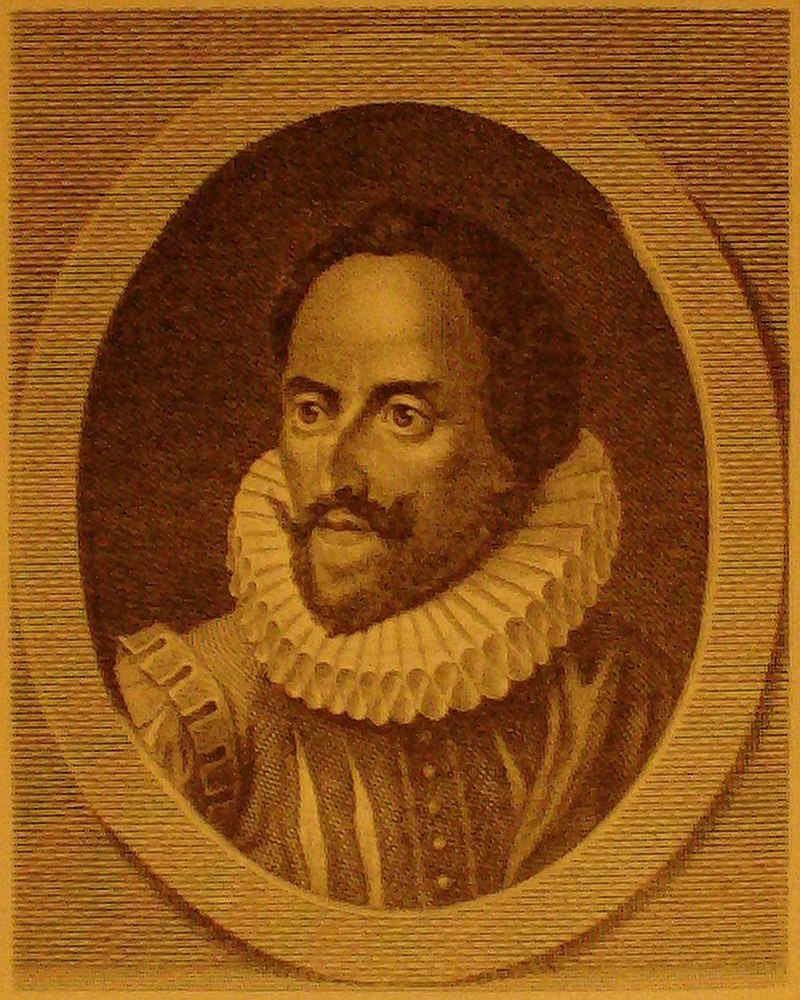
There have been several translations by different authors, but I prefer the translation by Nobuaki Ushijima from the Iwanami Bunko collection.
Nobuaki Ushijima's translation is easy to read anyway. The language is modern, and we can read it without any discomfort. I think the Nobuaki Ushijima translation from the Iwanami Bunko is the best if you want to enjoy reading in a familiar style.
In addition, the illustrations inserted at key points are also wonderful.
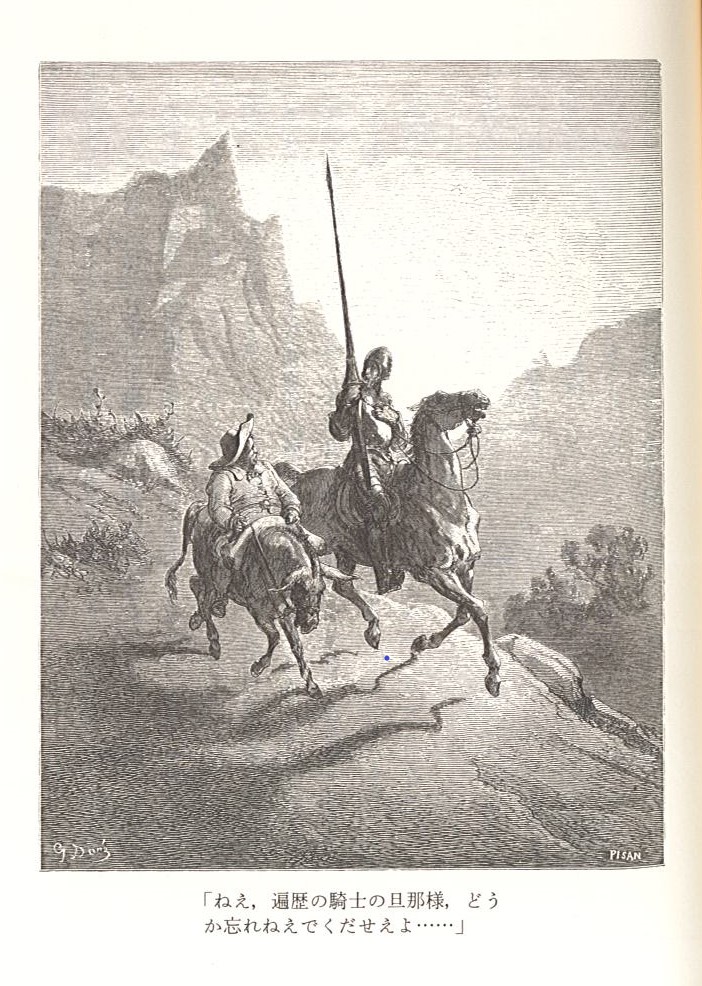
The illustrations make it easier to imagine Don Quixote's situation more vividly and get into the story.
In a word, we can say with certainty that it is hard to find a classic that is so easy to read.
One might have the impression that the classics are meant to be read with a wrinkled brow, but in "Don Quixote" the opposite is true.
I read "Don Quixote" when I need to cheer up or feel cheerful.
In reading "Don Quixote," we are filled with a sense of strength as he rushes forward with his ideals, undaunted by the hardships he faces, and continues to move forward with cheerfulness.
I had "Don Quixote" on my Kindle to accompany me on my trip around the world in 2019.
And what gave me strength when I was having a hard time after the robbery in Bosnia was "Don Quixote". (For more information about one of the robberies, please seeTakahiro Ueda was robbed in Sarajevo. The "I never thought it would happen to me" thing can happen. The Day I Learned the Fear of Sudden Violence in Bosnia (9)"Please refer to the article on
Don Quixote is having such a hard time. If that's the case, it's only natural for me to have a hard time too! If you go on a journey and try something, it is natural that you will have a hard time. That's what's important in itinerant chivalry! I can still do it! I must imitate Don Quixote and continue my journey with a positive attitude! I vividly remember that I was encouraged by his words.
This was the moment when "Don Quixote" became a definitive book in my mind.
However, even if you read this work out of the blue, it is difficult to get more than the impression of a crazy old man who causes trouble everywhere he goes and gets hurt badly.
The same was true when Watasusu first read "Don Quixote.
Yes, the first book is funny and makes you giggle, but there are not many scenes like that after that.
It just goes on and on, with Don Quixote causing trouble and the angry people beating Don Quixote and his friends to a pulp.
I honestly remember that right after I finished reading all of them, I had no idea why this novel was called the best literature in the world.
But that's just as well, because Cervández has a way of infusing his seemingly strange and amusing adventures with an underlying message.
In other words, if you cannot read the hidden message behind the novel, you will simply read endlessly about the troubled adventures of the madman Don Quixote.
So it is not surprising that I have no idea what is so great about this novel.
This makes it very hard to read.
That said, we recommend that you read the commentary beforehand when reading "Don Quixote".
Among them, I especially recommend Nobuaki Ushijima's book published by Chuko ShinshoThe Journey of Don Quixote, Itinerant Knight Against the Gods.The book is called. I highly recommend reading this book and the set. If you have this book, you will be a hundred percent satisfied. Once you understand the fun of "Don Quixote," you will be hooked. You will understand why this book is hailed as one of the best novels in the world. I hope you enjoy it.
4 Dostoevsky, The Brothers Karamazov
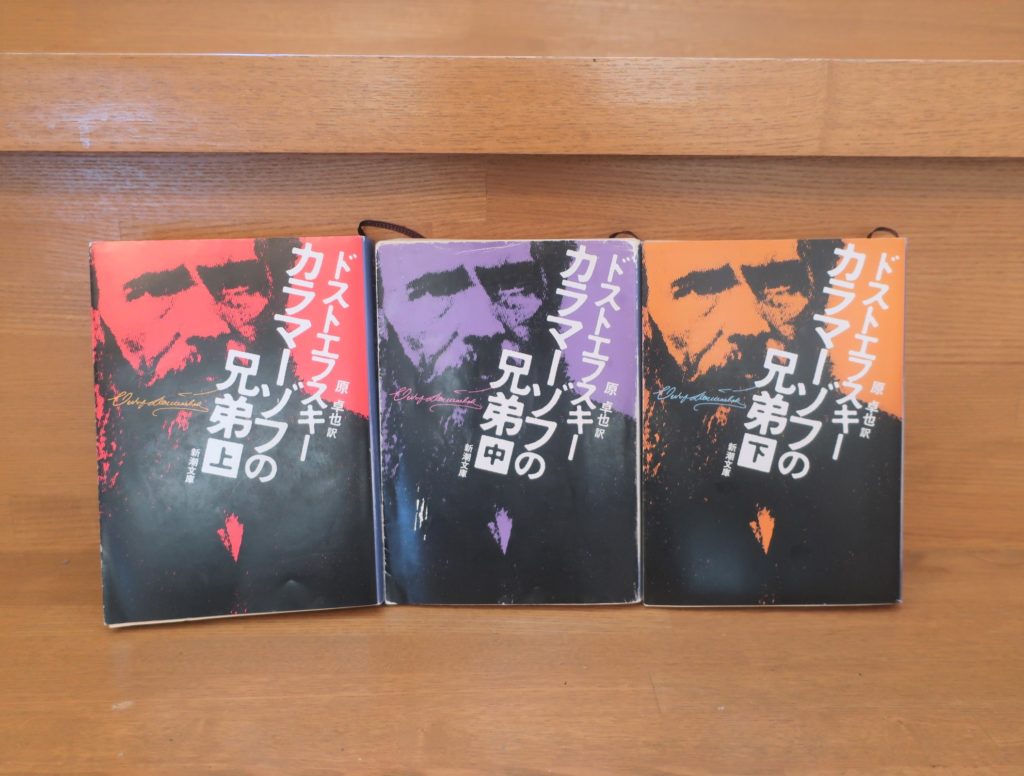
The Brothers Karamazov was Dostoevsky's last work, written in the last years of his life.
In this work, Dostoevsky depicts the fundamental problem of "God and man," which he has held unchanged throughout his life.
Now, the critical climax in this novel isChapter of the Grand Inquisitor."The following is a list of the most important factors that must be taken into consideration when making a decision on the purchase of a new company
I myself first read this book in the winter of my twentieth year. I don't know how much I was able to read at that time, as I was an inexperienced person with little knowledge of religion.
But this "Grand Inquisitor chapter" had a tremendous impact on me.
I had never before seen such a scathing attack on religion. And the person uttering these words is a high ranking Catholic clergyman, the Grand Inquisitor, and of course, the person he is speaking to is Jesus Christ.
The Grand Inquisitor is responsible for burning heretics at the stake. He is the one who attacks Christ. What a paradox!
But the Grand Inquisitor was not a Christ critic by nature. Rather, he was once an ardent Christ-follower. He lived for Christ and fervently sought and practiced the free faith that Christ preached.
But in the end, he ended up on the Catholic side. He, too, had his own irresistible suffering and conflicts.
I am also fascinated by the description of this area.
Although I did not know it at the time, Dostoevsky himself was a fervent believer in the Russian Orthodox Church. Because Dostoevsky was a fervent believer, he went to extreme lengths to discuss issues of faith. On the surface, the "Grand Inquisitor's Chapter" is vehemently atheistic, but in fact, it is this chapter that opens up the later development of the book.
Now, as I have mentioned so far about the "Grand Inquisitor's Chapter," Dostoevsky's lightning bolt fell on me, who at that time was wondering "What is religion?" and "What is the difference between Aum and me?"
I have come to know. There is no turning back now.
I can no longer live my life from now on ignoring the issues discussed in this chapter of the Grand Inquisitor.
This was the moment when a clear path was made for me, who had been vaguely wondering "what is religion" and "what is the difference between Aum and myself?
Will I be able to overcome this problem?
Is religion really what the Grand Inquisitor says it is?
This was the starting point of my study of religion. It is also the main reason why I have continued to update books on world literature and history on this blog under the theme "Shinran and Dostoevsky". Please refer to the following summary article where I discuss it in more detail.
The Brothers Karamazov" is not just dark and heavy.
Moreover, the image of "difficult" is quite prevalent, but when you actually read the book, you will not find such difficult expressions. The language itself may even be said to be easy to read.
Indeed, the first half of the upper volume will require patience. To be honest, the first half of the book is more like a prologue, or a prelude to the excitement that will start in the middle of the book. (Once you get used to it, this part of the book becomes very interesting.)
Perhaps this is where most people fall short.
However, if you persevere here, the engine will start to rev up quickly from the second half of the upper volume.
If you have been patiently reading this book up to this point, you will be swept away by the momentum of Dostoevsky's writing, as if the energy that has been building up until this point explodes.
The momentum does not stop when you enter the middle and lower volumes. I can assure you that you will be so immersed in the book that you will not be able to get out of it. It is that amazing. This work is that great.
Once you get through the first half of the upper volume, the rest of the book is a rage.
By no means is this work difficult. It is not difficult; it is deep.
There is a good reason why "The Brothers Karamazov" is still loved by many people 120 years after its publication.
I think it is because of the charm of the story itself, something that appeals to readers, that the story continues to be read in this way.
This work is exceptional in my opinion. It is without a doubt the book that has had the strongest influence on me.
5 Conan DoyleThe Valley of Fear
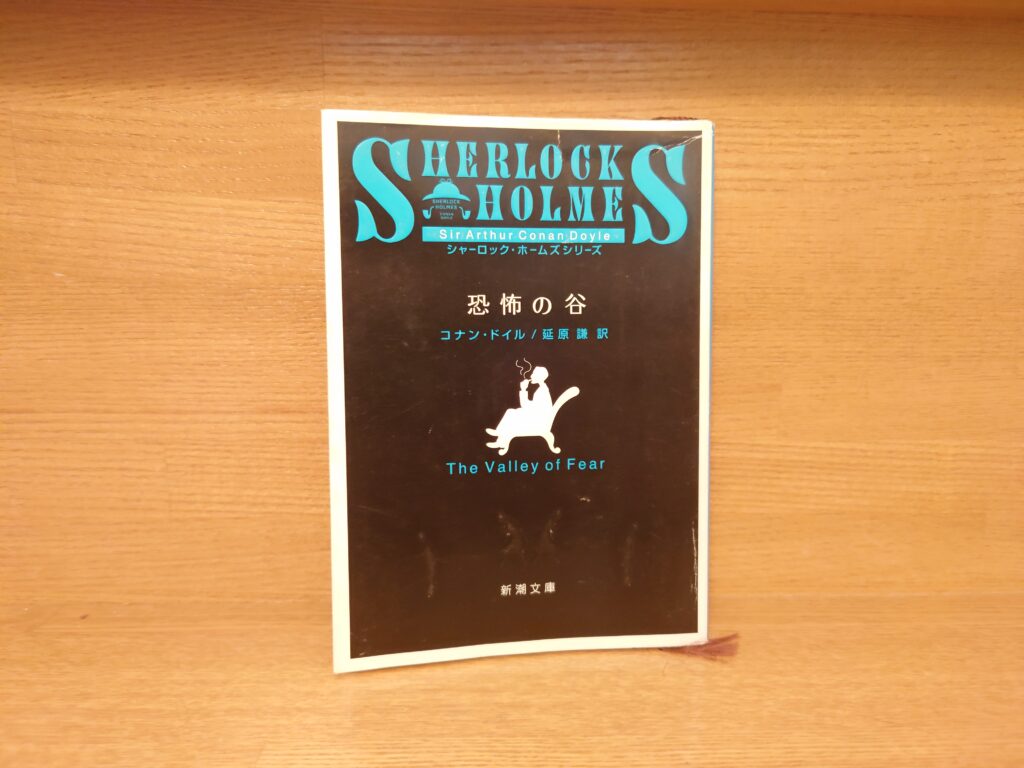
Some of you may have thought, "Ugh... that looks difficult..." after looking at the four books we have introduced so far.
But I don't always read only hard books either. I also love comic books, and I love the Sherlock Holmes series, which I will introduce here.
The Valley of Fear is my favorite of the Sherlock Holmes series.
The commentary at the end of the book says, "Generally regarded as Doyle's masterpieceThe Hound of the BaskervillesI am one of them.
It is true that "The Hound of the Baskervilles" is probably better known and more popular. Until I read "The Valley of Fear," I too thought of Holmes as "The Baskervilles.
But after reading "Valley of Fear," I was completely hooked on the fun of this work, and that is exactly why I read it over and over again.
First of all, this film is not only about the exploits of Holmes, but it also features another supremely cool character. That is McMurdo, the newcomer to the Valley of Fear. His masculinity, brilliant mind, resourcefulness, and physical and mental strength are extraordinary. His battles in the Valley of Fear are dramatic and fascinating, with a Holmesian, yet more macho feel to them.
And then there is the shadow of Holmes' nemesis, Professor Moriarty, who is visible throughout this story...
This is interesting..!
The Sherlock Holmes series has a charm that makes you want to read it again and again, even if you know what it's about. It is not a case of "surprise me with an outlandish trick and call it a day. It is not "read it once and be satisfied. It's not, "Read it once, and you'll be satisfied, because if I spoil it for you, there's no point in reading it." It is not a "read it once and be satisfied.
I think Conan Doyle's overwhelming writing ability is such that even after learning the tricks and backstory of the case, you still want to read the book over and over again. This is what makes Conan Doyle's books different from the classics that have been loved for more than 100 years.
6 Emile Zola, The Lugon-Macquart Series.
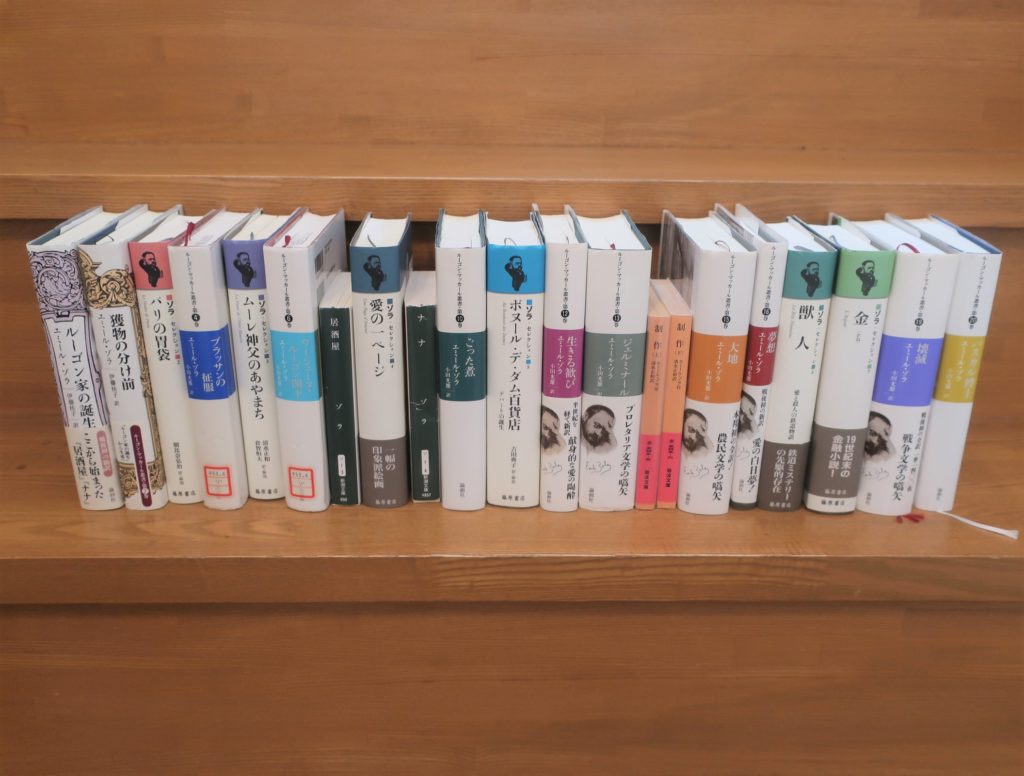
The "Lugon McCall Series" is simply put,French Second Empire(The Paris World's Fair that Eiichi Shibusawa visits in the 2021 historical drama "Blue Sky" is set in this period. The Parisian culture he witnessed was later brought to Japan and is connected to us today.
It was during this period that department stores, which have become commonplace today, were born, and it was also during this period that the commercial style of stimulating desire and intentionally creating the feeling of "want" in people was established. (*For more information, seeDepartment stores began here! France's Second Empire and the "Bon Marché(See article on)
The Second Imperial Period is a very important period that is directly related to our lives. It is precisely here that our modern lifestyle has its origins.
Zola's "Lugon Makkar Series" is the best historical picture book to understand the historical background and human psychology of that time.
But Zola's work was never simply about a past era. He sought to get to the essence of human nature. The people he depicts are no different from those we live with today.
Zola's work is the best textbook for understanding how the world works.
How does this society work? Why do people fight? Why can't people resist their desires? What kind of methods do people use to take advantage of other people's desires?
Zola shows us the harsh reality of the world. In this work, human beings' sordid and blackened emotions and troubles fly about as much as possible without any pretense of purity.
It is as if he were saying, "To know the world, you have to eat poison. If you live in a sterile room, you will never make it across the world.
Zola's compilation is the "Lugon Makkar Series," which includes Zola's masterpieces "The Tavern" and "Nana. Each of these works can be read as a stand-alone work, although they are connected to each other. The first Zola work I read was "Izakaya," and I found it to be very interesting! I was shocked at how interesting it was. (For more information about that shock, please refer to the following page.The Impact of "The Izakaya! On the French author Emile Zola being too funny."(See article in)
The rule of "10 novels to use as your business card" is that you are supposed to pick one novel, but I have chosen the Lugon-MacCarl series because I love the entirety of this book. I have selected my favorite novels from the Lugon-MacCarl series because I love them as a whole. Please take a look at this page as well.
7 Victor HugoLes Miserables.
This work is an undisputed masterpiece published by Victor Hugo in 1862.
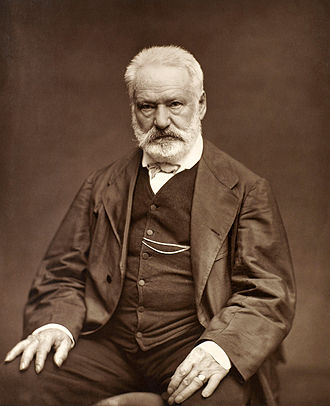
The novel has also been adapted into numerous stage and film productions, and is perhaps the more impressive of the two.
By the way, I am also a big fan of the musical. I cry every time I see it, and I still listen to the soundtrack often.
There is salvation in this story. I feel better after reading it.
Indeed, this production, as the title of "Les Miserables" suggests, depicts many "miserable people". Fancine is the best example.
But in this world that produces such miserable people, people like Jean Valjean continue to fight. There are noble and good people like Bishop Miriel. And their power of goodness will be passed on to the next generation.
These sublime good human powers and ideals are depicted in this work.
Although "Les Miserables" is a large work and the original is rarely read, it is not a difficult read, and the good guys and the bad guys are so clearly defined that it is easy to understand, yet the story itself is very interesting.
And it's not just "too funny. This work is filled with everything Hugo had to offer. In other words, it is a very deep work. The more I learned about this work, the more I was astonished at its depth.
The original is great and the musical is great. It is a definite work first of all. Even if you are not able to read the original work, please try to see the musical movie first. It is the best of the best! The overwhelming music, songs, and storyline will definitely get you hooked.
8 ChekhovWard VI.
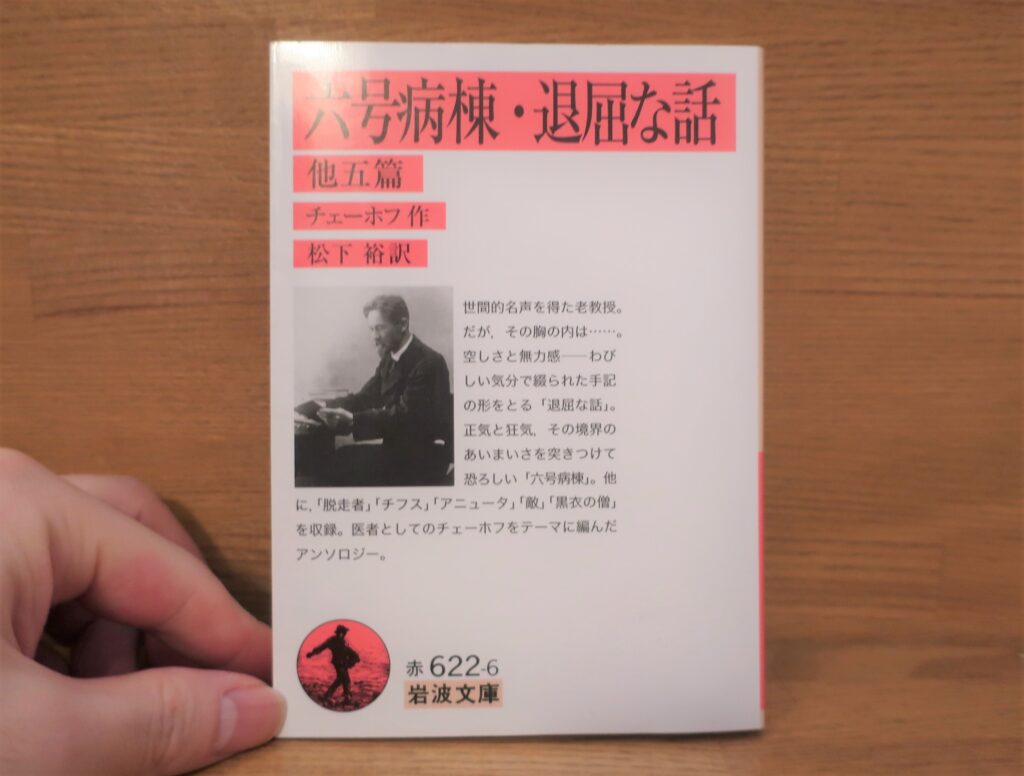
Chekhov is a genius. If someone asks me, "If you are going to read Russian literature, whose works would you recommend?" my first recommendation would be Chekhov. Chekhov does not write long novels like Dostoevsky or Tolstoy. His works are mainly short and medium-length stories. However, in his short stories, Chekhov expresses amazingly human characters.
And this work is so intense. I cannot fully convey its horror here. All I can say is, please read it.
On a very personal note, I even feel that this work should be a reference book for Jodo Shinshu. It seems to me that this work has such a strong connection with Shinran's thought.
And as one would expect from Chekhov, it is still amazing that he tells it as an easy-to-read story. It is easy to read, after all. It is not difficult at all. It is not difficult at all, but there is something deep...something that pierces the heart. I can't describe it well, but it is just a terrifying work...
I urge everyone to pick up a copy of this work. I highly recommend it.
9 Thomas MannThe Devil's Mountain
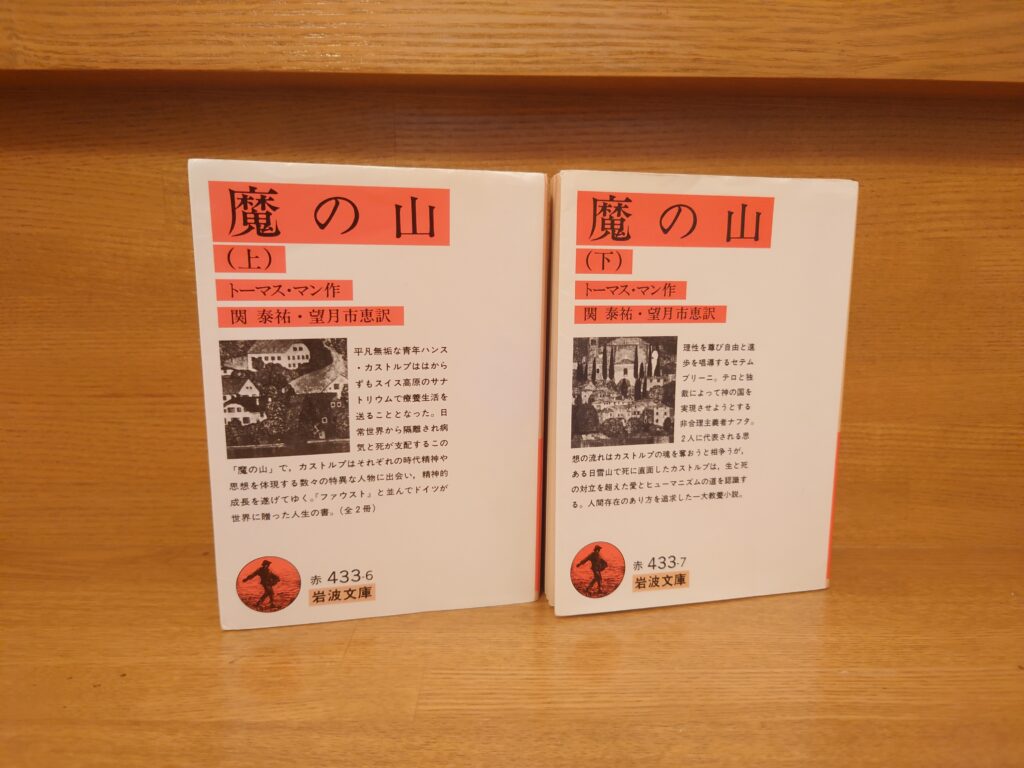
This novel is very important to me. If I had to choose my "Ten Greatest Novels," "The Devil's Mountain" would certainly be a big part of it. It is so powerful and has such a strong impact. It is a work of great scale!
I first read this book when I was a graduate student. I had been wanting to read a profound novel about life issues, and this was the one I suddenly came across. I was originally interested in Thomas Mann, having read "Death in Venice" as a student and having heard his name mentioned in connection with Goethe.
Well - it's just huge! The scale of this novel is out of the ordinary. The setting of the novel itself is the "Devil's Mountain," a closed space, but in this book, you will experience the magic that exists because it is a different world that blows away our everyday life.
And the following passage from the novel left the greatest impression on me.
What is life? No one knew. No one knows the natural base from which life springs, from which life burns."
Compared to the distance between the simplest forms of life and natural objects that are so inorganic that they do not even deserve to be called dead, the distance between a vertebrate and a pseudopod amoeba was not a problem."
What is the difference between living and inanimate matter? What is life ...
I still remember the shock I felt when I read this passage. If you read this passage alone, it may seem like a trivial question. It is a question that I am sure everyone has asked at least once. However, when we have walked up to this point with Hans Castorp in the other world of "The Devil's Mountain," this question appears before us with an incredible weight.
I could not help but ask myself. What is the difference between myself and a pebble? What is the ultimate step that separates a pebble from a living being? If it is life, then what is life? What is the difference between the dead and the living?
This leads to an endless series of questions, and the fundamental issues that we rarely pay attention to in our daily lives emerge. I realized then that this is what it means to read a great long novel carefully. The same passage, told within the context of a larger story, carries an overwhelming weight. You will understand this if you read the novel. I hope you will read this novel and experience it for yourself.
It has been nearly 10 years since I first read this novel, and yet the impact of this novel remains strong.
This work is also highly recommended for students. It will be a very valuable experience for students to meet the strong characters of "The Devil's Mountain" along with the main character Hans Kastrup during their sensitive period as students. You can also meet people by reading books. The best thing about books is that you can meet people from all over the world, from here to there. Please come and meet Mr. Settembrini and Mr. Pepelkorn, who are people of extraordinary scale. You will be astonished. This is a masterpiece that I highly recommend.
10 Hisashi InoueRomance."
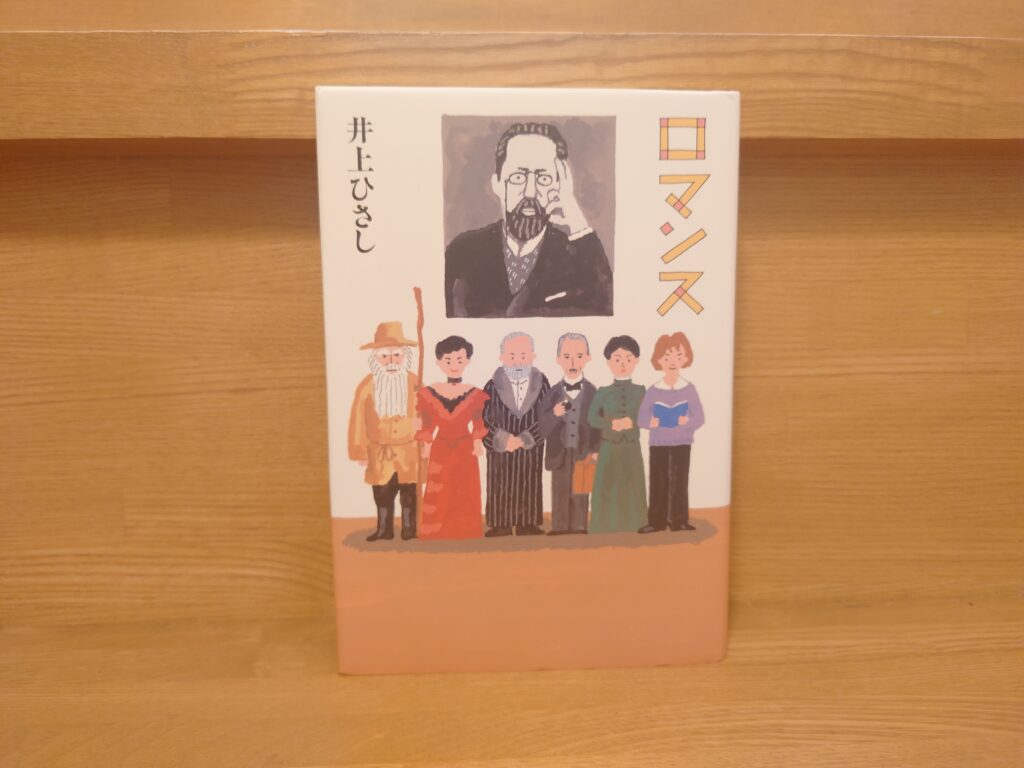
This book will be a comedic adaptation of the life of the Russian playwright Chekhov. As I mentioned above, Chekhov is one of my favorite writers. He had a unique career as both a writer and a doctor, and lived an unimaginably tumultuous life, a truly great man.
This work, "Romance," is a comedic stage adaptation of Chekhov's life by Hisashi Inoue.
As I wrote in the title, as I read this piece I thought to myself, "What a brilliant piece of work...! I can't believe you produced such a work of art!" I was jealous.
I have been studying world literature, history and culture with "Shinran and Dostoevsky" as my theme. Of course, Chekhov is one of them.
However, I have never felt "jealousy" when reading such masterpieces.
What is the use of being jealous of the best of the best that survived the stormy seas of history? I have only bowed down to them and tried my best to learn as much as I could from them. I was not going to "challenge the world's greats" and that was it.
However, it was different in this work by Hisashi Inoue. As I read this book, I could clearly feel myself becoming jealous. This work is just too good. I like Chekhov too. But Inoue-san understands and loves Chekhov even more deeply. And he expresses his life and thought so joyfully and deeply. Every single episode in this play and the beauty of the stage development made me say, "I've been beaten! I can't take it anymore! This is too much! I could not help but sigh. How can they come up with such a joyful and beautiful play?
I have never experienced such a melting pot of jealousy while reading before.
But now we are clearly aware of that flame.
Perhaps it is because I am in the middle of trying to write my piece. I think it is because I am also trying to compete.
How irreverent of you to be jealous of one of Japan's leading playwrights, Mr. Hisashi Inoue! Know your place~!"
That is exactly right.
But if I'm going to be jealous, I want to be jealous of the very best.
That's what I think.
Well, it was a wonderful piece of work. It is truly shocking that we cannot even see this on film. It made me strongly feel the "one-time nature" of theater as a medium of expression. There are things that can only be experienced in the theater...
The book includes scene-by-scene photos of the stage, which I appreciated. Thanks to these photos, you can read the book as if you were watching the play. I would like to see more of it on film! Is there any way to make it into a video? Is there any way to make a video of it? It's crazy!
For me, this work is unforgettable. I will cherish reading it over and over again.
Conclusion
Now, I have introduced my "10 novels as my business card". It was quite a tough task to choose 10 books out of the myriad available. It is a secret between us that I used the foul technique of using the entire "Lugon MacCarl series" with Emile Zola.
Still, there were so many books that were not selected that I cried!
It was a particularly hard choice not to include Shakespeare. I love Shakespeare plays, but there is also the question of whether these are novels in the first place. But as stories, they are all wonderful.Hamlet."be soKing Lear", ,Othello.", ,A Summer Night's DreamThe list is endless.
And this year, I read all of Shakespeare's works and even learned more about Yukio Ninagawa's plays. The last book I ended up with was "Romance" by Hisashi Inoue, which I introduced at the end of the above list of 10 novels. Therefore, I chose "Romance" based on my thoughts about Shakespeare's complete works and plays. In that sense, "Romance" is also a significant work for me.
I have introduced many books on this blog. I have read them all and can confidently recommend them.
So, in fact, this blog itself is a kind of self-introduction of myself. I myself have been updating this blog with that in mind.
We also receive a variety of comments and questions about our blog, and the most common is that there are too many articles and they don't know what to read in them.
It is true that the number of articles has grown to nearly 1,500 before you know it, and it may be difficult to know what to read. I would like to create a kind of guide or outlook for this blog in the future.
I love books. And I believe in the power of books. I will continue to update this site so that I can introduce the charm of books and their fun.
Of course, my day job is as a Buddhist monk, so I will be plunging into updating articles on Buddhism in the future, but I would be happy if you could keep in touch with me.
These are "10 novels as business cards - I am ashamed to say that I am such a person.
Next Article.
Related Articles




















